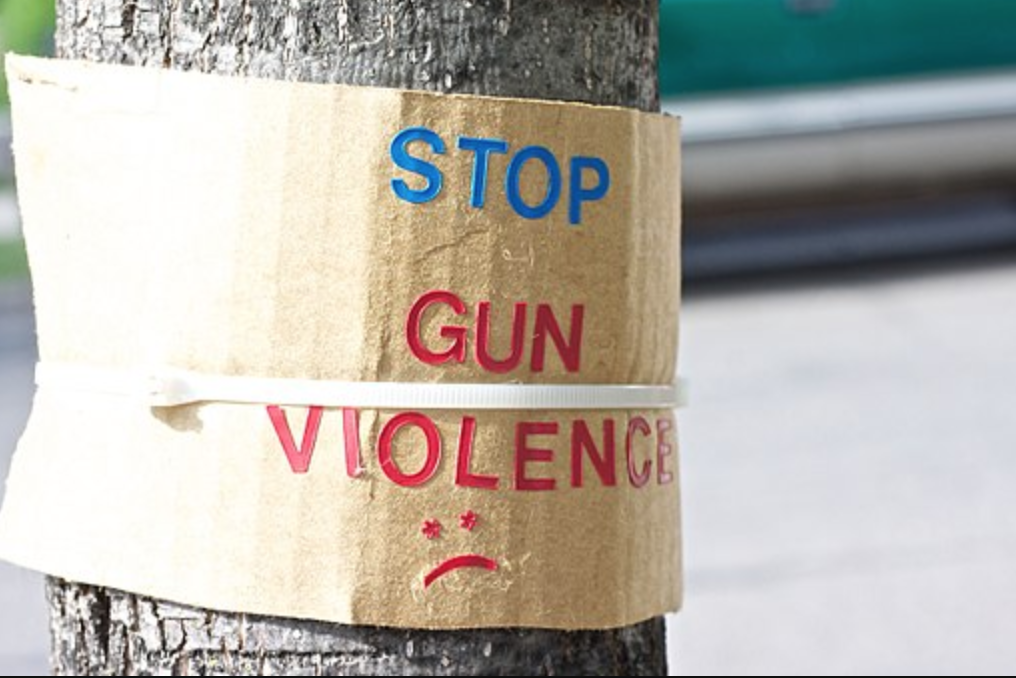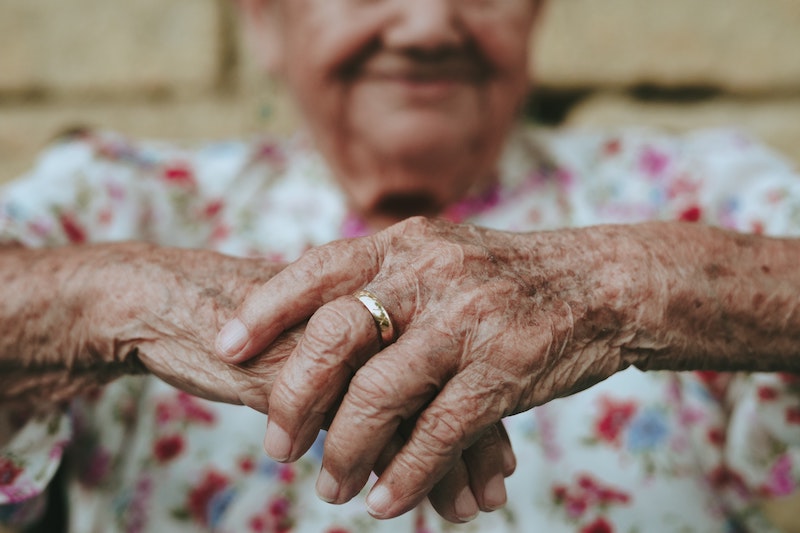Image by Towfiqu Barbhuiya via Unsplash
Palliative care is a branch of medical care that is focused on providing relief from the symptoms and stress of an illness. Oftentimes, patients requiring palliative care services are battling serious chronic diseases, and may even be transitioning into an end-of-life period. A major component of improving quality of life for these patients is pain management, which may require the usage of prescription opioids. However, recent legislation enacted to curb the opioid epidemic may complicate this pain management process. This legislation, which varies greatly from state to state, restricts access to opioids for patients and convolutes the prescribing process for providers. Patients may only be allowed to receive a three day supply of prescription opioids from a pharmacy per visit, requiring those most physically vulnerable to make multiple trips to a pharmacy within a week. Providers may be risking their prescribing privileges by prescribing opioids to patients. Overall, the restrictions placed on the dispensing of prescription opioids creates an unfortunate situation for both patients and clinicians.
On this podcast, Diana Mason, PhD, RN, host of this program, speaks with Katie Fitzgerald Jones, APRN, CARN-AP, a palliative care and addiction nurse practitioner, about the difficulties that both patients and their providers navigate in managing chronic and terminal pain with rigid opioid restrictions in place.
This podcast first aired on HealthCetera in the Catskills on WIOX Radio on December 15th, 2021.
Podcast: Play in new window | Download
Subscribe: Email |
Image by Towfiqu Barbhuiya via Unsplash





